Peter Sykes
Nacimiento : , Melbourne, Victoria, Australia
Historia
From Wikipedia, the free encyclopedia.
Peter Sykes, FRSC (February 19, 1923 - October 24, 2003 ) was a British chemist and a former Fellowand Vice-Master of Christ's College, Cambridge. He is the author of highly popular undergraduate-level organic chemistry textbook A Guidebook to Mechanisms in Organic Chemistry, now in its sixth edition.
Description above from the Wikipedia article Peter Sykes, licensed under CC-BY-SA, full list of contributors on Wikipedia.

Director
Friends, contemporaries and even enemies of Alexander the Great gather in a tent to tell his tale through their eyes.
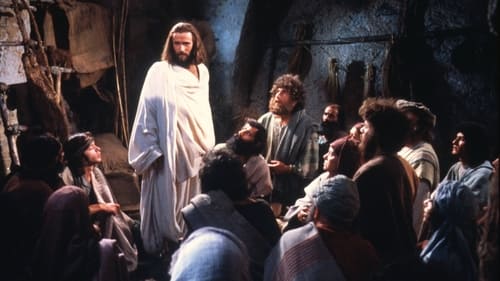
Director
Jesús (también conocida como "La vida pública de Jesús") es una película de 1979, dirigida por John Krish y Peter Sykes y protagonizada por Brian Deacon como Jesús de Nazaret. Esta película corre a través de la vida de Jesús empezando con su nacimiento y culminando con su ascensión a su hogar celestial. El Evangelio de San Lucas de la Santa Biblia, fue escogido como la base del diálogo y acción para la película. Cinco años de cuidadosa preparación antecedieron la filmación en Israel en los lugares donde se llevaron a cabo los hechos reales en el evangelio. Las escenas son emocionantes y muestran muchos de sus milagros.
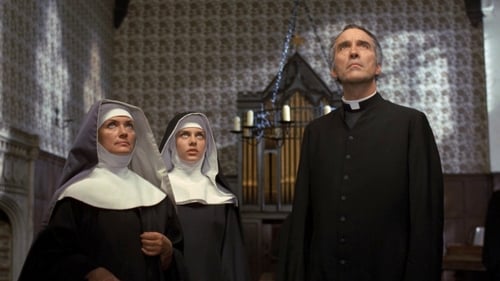
Director
Un sacerdote excomulgado funda un culto satánico que practica clandestinamente en lo que parece un convento católico de cara al exterior. Un hombre que hace años entregó a su hija a dicho culto busca, arrepentido, la ayuda de un escritor experto en satanismo para conseguir liberarla.
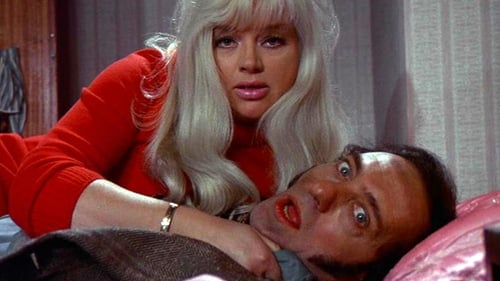
Director
Albert Steptoe and his son Harold are rag-and-bone men, complete with horse and cart to tour the neighbourhood. They also live amicably together at the junk yard. Always on the lookout for ways to improve his lot, Harold invests his father's life savings in a greyhound who is almost blind and can't see the hare. When the dog loses a race and Harold has to pay off the debt, he comes up with another bright idea. Collect his father's life insurance. To do this his father must pretend to be dead.
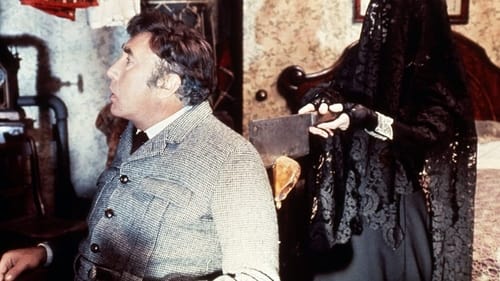
Director
Comedy legend Frankie Howerd stars as the victim of sinister shenanigans in this hilarious spoof of British horror films of the early ‘70s. Starring Hugh Burden and Oscar winner Ray Milland, and written by Terry Nation. Foster Twelvetrees, a struggling tragedian who scrapes a living by giving hammy performances from the classics, can hardly believe his luck when he’s invited to give a dramatic reading at the country home of a well-off family. Joy soon turns to outraged horror when he discovers dead bodies, foul intentions, lots of snakes and a madwoman in the attic. Can he uncover the hidden family secret before he comes to a sticky end..?
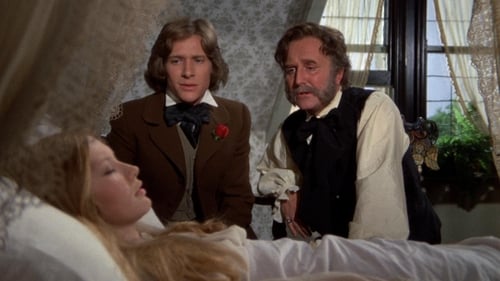
Director
El barón Friedrich Zorn (Robert Hardy), un noble austriaco del siglo XIX, encarcela en su castillo a sus hijos, Emil (Shane Briant) y Elizabeth (Gillian Hills), porque cree que están poseídos por "demonios de la mente". El barón ha llamado al Dr. Falkenberg (Patrick Magee), un psiquiatra radical por cuyas peligrosas teorías tuvo que huir de Viena, para ver si el doctor puede "curar" a sus hijos, que se han convertido en locos monstruosos.

Director
A Nazi scientist and a woman known as a "spider goddess" attempt to develop a nerve gas made from spider venom.
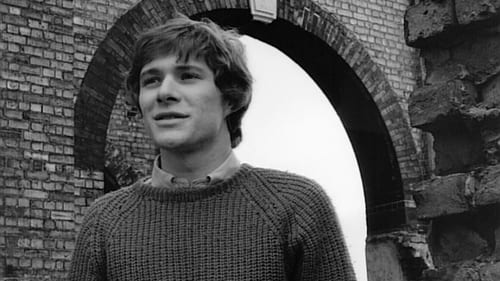
Writer
The Committee, starring Paul Jones of Manfred Mann fame, is a unique document of Britain in the 1960s. After a very successful run in London’s West End in 1968, viewings of this controversial movie have been few and far between. Stunning black and white camera work by Ian Wilson brings to life this “chilling fable” by Max Steuer, a lecturer (now Reader Emeritus) at the London School of Economics. Avoiding easy answers, The Committee uses a surreal murder to explore the tension and conflict between bureaucracy on one side, and individual freedom on the other. Many films, such as Total Recall, Fahrenheit 451 and Camus’ The Stranger, see the state as ignorant and repressive, and pass over the inevitable weaknesses lying deep in individuals. Drawing on the ideas of R.D. Laing, a psychologically hip state faces an all too human protagonist.

Director
The Committee, starring Paul Jones of Manfred Mann fame, is a unique document of Britain in the 1960s. After a very successful run in London’s West End in 1968, viewings of this controversial movie have been few and far between. Stunning black and white camera work by Ian Wilson brings to life this “chilling fable” by Max Steuer, a lecturer (now Reader Emeritus) at the London School of Economics. Avoiding easy answers, The Committee uses a surreal murder to explore the tension and conflict between bureaucracy on one side, and individual freedom on the other. Many films, such as Total Recall, Fahrenheit 451 and Camus’ The Stranger, see the state as ignorant and repressive, and pass over the inevitable weaknesses lying deep in individuals. Drawing on the ideas of R.D. Laing, a psychologically hip state faces an all too human protagonist.

Producer
Adapted and directed by Peter Brook from the Royal Shakespeare Company’s ‘production-in-progress US’, this long-unseen agitprop drama-doc – shot in London in 1967 and released only briefly in the UK and New York at the height of the Vietnam War – remains both thought-provoking and disturbing. A theatrical and cinematic social comment on US intervention in Vietnam, Brook’s film also reveals a 1960s London where art, theatre and political protest actively collude and where a young Glenda Jackson and RSC icons such as Peggy Ashcroft and Paul Scofield feature prominently on the front line. Multi-layered scenarios staged by Brook combine with newsreel footage, demonstrations, satirical songs and skits to illustrate the intensity of anti-war opinion within London’s artistic and intellectual community.







